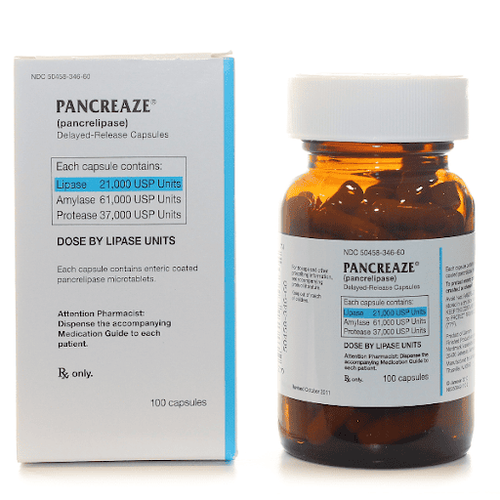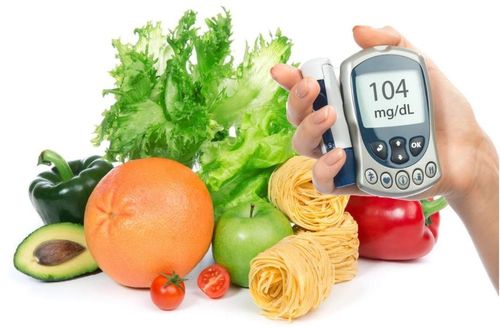This is an automatically translated article.
Carb-rich foods are often preferred and used by many people every day. That's why many people believe that carbs are addictive. So are carbs really addictive or not?
1. What are carbs?
Carbohydrates are the main nutrients in the body. It is the most important source of energy for cells, tissues and organs. In addition, carbs also help store energy. Carbs are the building blocks of ribonucleic acids (RNA) and deoxyribonucleic acids (DNA), which aid in information transport and cell signaling.
When people think of carbs, the first thing people think of are processed carbs like cakes, cookies, white bread, pasta, and rice. However, carbs are also found in many healthy foods such as fruits, vegetables, legumes, and whole grain breads.
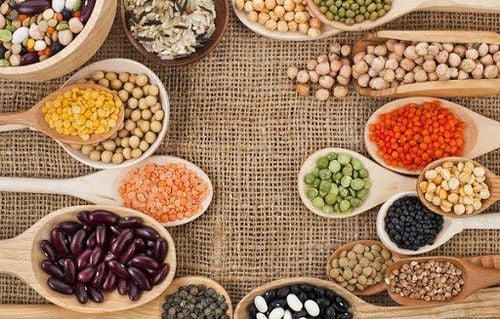
Các loại đậu chứa nhiều carbs
2. Are Carbs Addictive?
Many people think that it is difficult for us to resist junk food, especially from carb foods high in sugar, salt and refined fats. That's what prompted researchers to set out to find out whether there is a link between people's will and behavioral traits with high-carb foods.
A large study has shown that a high-carb diet helps stimulate the brain associated with cravings and rewards. This study found that obese or overweight men had higher brain activity and were hungry more quickly after eating a high GI meal compared to a low GI meal.
GI stands for glycemic index, which helps determine the carb content of food, thereby assessing how it affects blood sugar. High GI foods raise blood sugar more than low GI foods.

Những người béo phì sẽ nhanh đói hơn sau khi ăn bữa ăn có chỉ số đường huyết GI cao so với bữa ăn có GI thấp
2.1 Studies suggest that carbs are addictive
Refined carbs in the form of fructose have addictive properties similar to alcohol. Fructose is a simple sugar found in fruits, vegetables, and honey. Scientists found that fructose has the ability to cause insulin resistance, increase the amount of bad fats in the blood, hepatitis and stimulate the hedonic pathway in the brain. This is the pathway that stimulates cravings and influences food consumption through positive emotions but not out of actual hunger or an energy need. Thereby increasing the consumption of fat, which contributes to an increase in body weight.
High GI carbs cause rapid spikes in insulin and blood sugar levels and affect dopamine levels. Dopamine is a neurotransmitter in the brain that helps exchange information between cells and affects emotions. Furthermore, studies in rats have shown the effects of carbs on blood sugar levels. In the experiment, rats fed high-carb foods and a 10% sugar solution, after a period of fasting, were observed to exhibit anxious behaviors and decreased dopamine. Tests on animals have shown that they have a carb addiction. Therefore, people should also limit their carb use sensibly. Some other studies also show that people who tend to eat emotionally often choose carb-rich foods over protein-rich foods when they are in a sad mood.
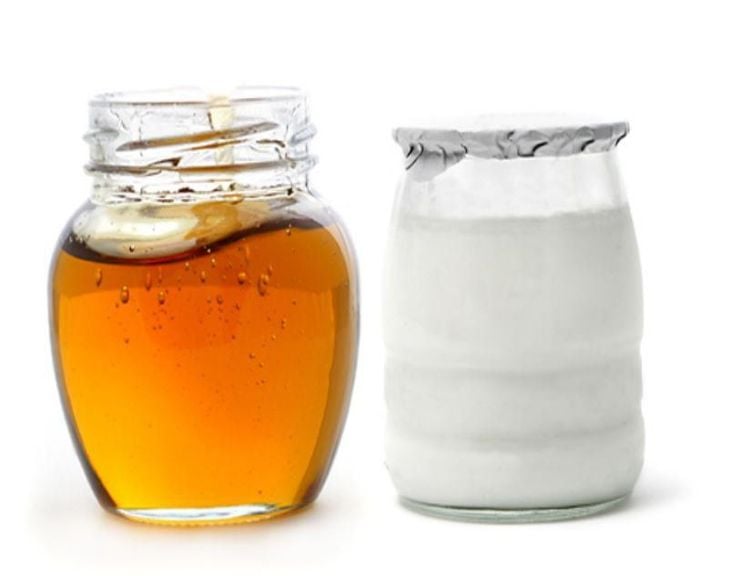
Nhiều nghiên cứu chỉ ra chất fructose có trong mật ong có đặc tính gây nghiện
2.2 Studies deny carbs are addictive
Besides the studies that prove carbs are addictive, there are also many studies that show the opposite, that carbs are not really addictive.
They argue that there are not enough human studies and believe that most animal studies show that carb-addiction-like behaviors are just habits when they are periodically given sugar and not from effects the neurochemistry of carbs.
Other scientists did a study in 1,495 college students who they thought showed signs of food addiction. It was concluded that a diet with a wide variety of foods is more likely to be addictive than eating carbs alone.
Furthermore, some scientists have argued that many of the tools used to assess addiction-like eating behaviors rely solely on the subjective opinions of study participants.
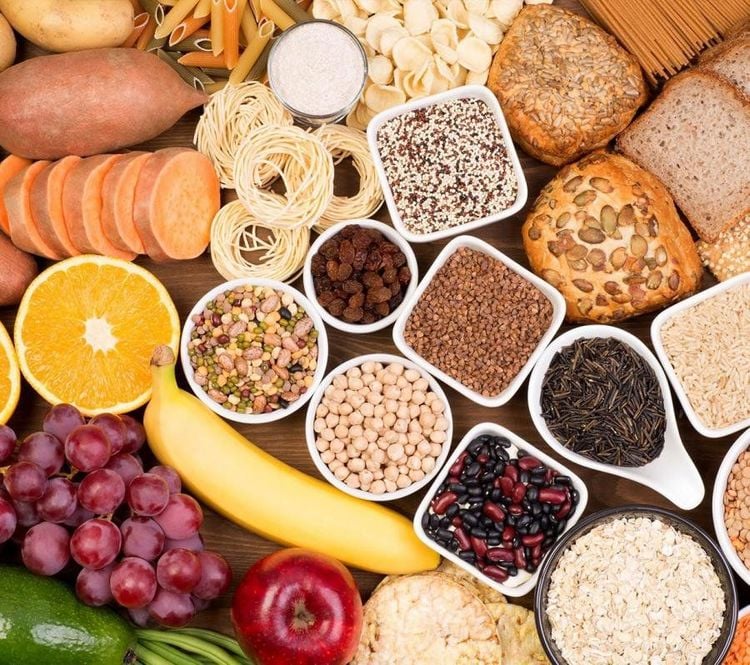
Tuy vậy, nhiều nghiên cứu phủ nhận carbs gây nghiện
3. The Most Addictive Carbs
In 2009, researchers at Yale invented the Yale Food Addiction Scale (YFAS), which provides a measurement tool to help assess addictive eating behaviors.
In 2015, researchers from the University of Michigan and the New York Center for Obesity Research used the YFAS scale to measure addiction-like eating behaviors in schoolchildren. They concluded that high GI, high fat energy, and processed foods were most associated with food addiction.
GL is more accurate than GI in determining how foods affect blood sugar. The table below shows the types of foods, their carb addiction levels, and their GL glycemic loads.
Except for cheese, the remaining 9 foods on the YFAS scale are high in carbs. However, almost all of the above foods contain cheese. Moreover, all 10 of these foods are processed foods, in addition to carbs, they are also high in sugar, salt, and fat.
Reference source: healthline.com






